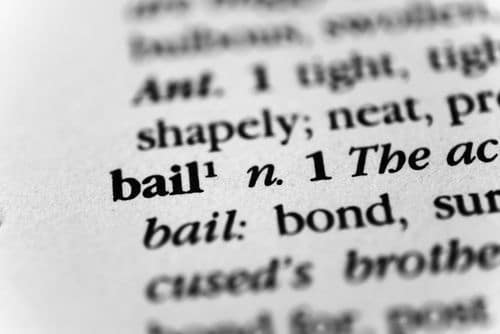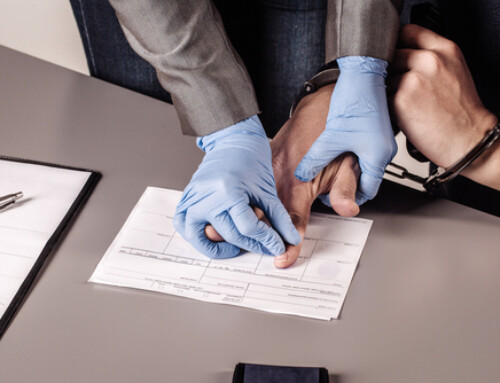As a criminal attorney in North Charleston, I help clients with bond hearings. Getting arrested is a serious matter, and for first-time offenders, it can be difficult to know exactly what the process of posting bond — that is, getting out of jail before your trial starts — will be. Although there are always exceptions to the rules, the following outline will give you the basic structure of what happens right after you are arrested.
Are You Entitled To A Lawyer for a Bond Hearing in South Carolina?
If you are arrested for a crime in South Carolina, you have a right to obtain a lawyer. If you can’t afford one, you can apply to the Public Defender’s office for one. You will be required to fill out an Affidavit of Indigency and Application for Counsel and go through a screening interview at the detention center. Please be aware that there is a $40 application fee that the court may waive on a case-by-case basis.
Length You Can Be Held Without a Bond Hearing in South Carolina
South Carolina law states that the longest you can be held without a bond hearing is 24 hours. Many bond hearings are set within eight to twelve hours to ensure that you have time to get a lawyer and find a way to make bond.
Your Bond Hearing in South Carolina
A bond hearing is the first thing that takes place after your arrest. You are not expected to enter a plea or file any motions. It is just a hearing to see if a judge will grant you bond, and what, if any, conditions are placed on that bond.
As stated above, your bond hearing will take place within 24 hours after your arrest. You will be expected to appear in court either in person or via video conference. If you have a lawyer, they will be present in court, as will a representative of the police department and members of your family. It is also possible that the victim of your crime may appear in court although this is done on a case-by-case basis.
Throughout your bond hearing, the court will hear about the crime you are accused of and possibly hear from victims. The police representative may also be asked to give information in your case. Your attorney will also speak on your behalf to secure an affordable bond for you.
Court Considerations When Setting Bond in South Carolina
The court will consider a multitude of issues when considering your bond. The first and foremost will be the classification of your crime; that is, whether it is a misdemeanor or a felony. The severity of your crime will also be weighed against you. The more violent the crime, the less chance you will have of getting bail. Cases such as robbery and murder often see the accused denied bail.
In most cases the judge will ask you direct questions. Many of them will pertain to the ties you have to the community — your job, family, church activities. While answering these can help you get an affordable bond, it is important to note that whatever you say during your hearing can be used against you later in your trial. Many lawyers will advise that you use your right to remain silent.
At the end of your bond hearing the judge will make their decision to either set or deny bond. Conditions may also be set as a requirement for the bond, and you will have to accept them in order to post bond.
How to Post Bond in South Carolina
Your bond and any conditions on that bond will be set at your hearing. A form with all of the necessary information will be sent to you and your lawyer. Then a loved one or your lawyer can post your bond with the Clerk of the Court, who will write a letter of release. Your loved ones will take this to the detention center, where your release will begin to be processed.
There are different types of bonds, such as personal recognizance, surety bonds, property bonds, and more. Depending on what valuables you have at hand, you may find that any number of these bonds will suit your needs. Discuss these options with your criminal defense lawyer.
In The Event Bond Is Not Set
In some cases, the bond will not be set. This usually occurs if the crime was violent — such as murder — or if you’re considered a flight risk. The judge overseeing your bond will make that determination, and it won’t be possible to appeal this decision.
Getting arrested can be a traumatic experience. Understanding the bond process will make the first 24 hours after your arrest a little more manageable. The judicial process in South Carolina is there to ensure bond hearings are quick and fair, allowing you to focus on your upcoming trial.






